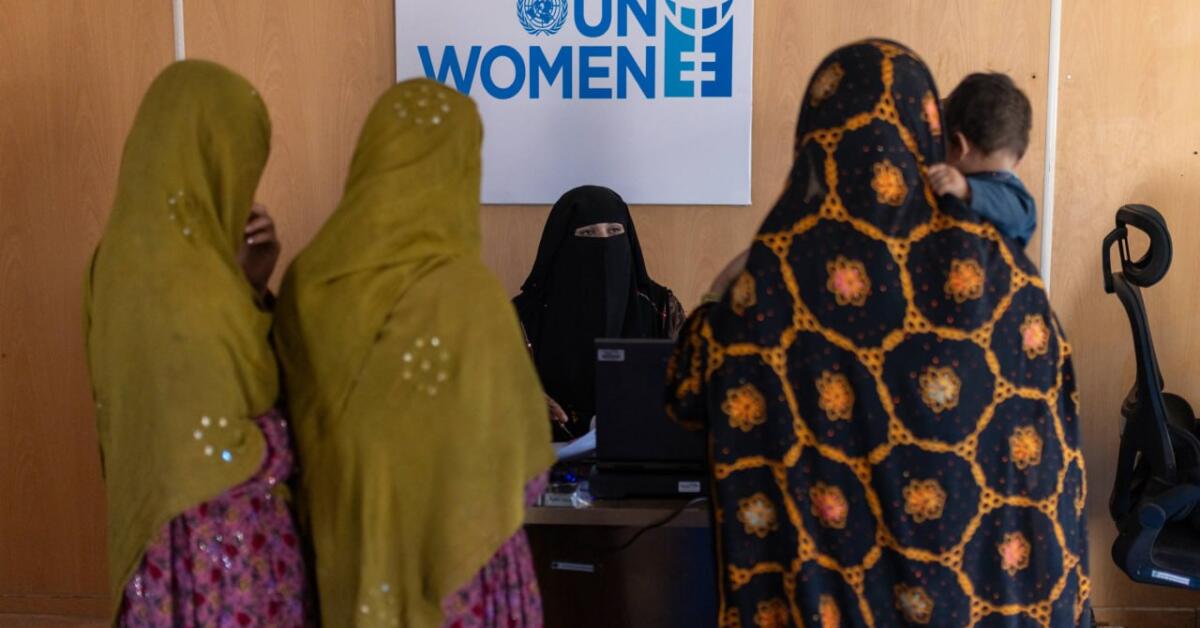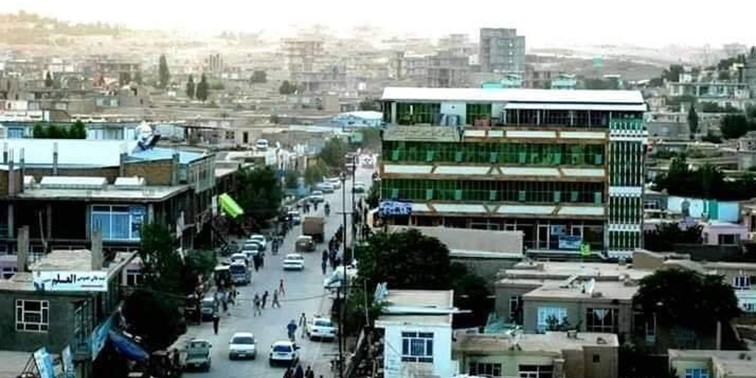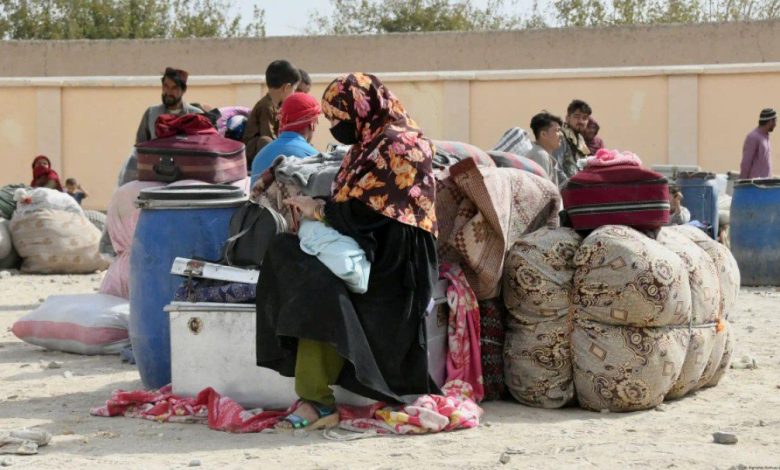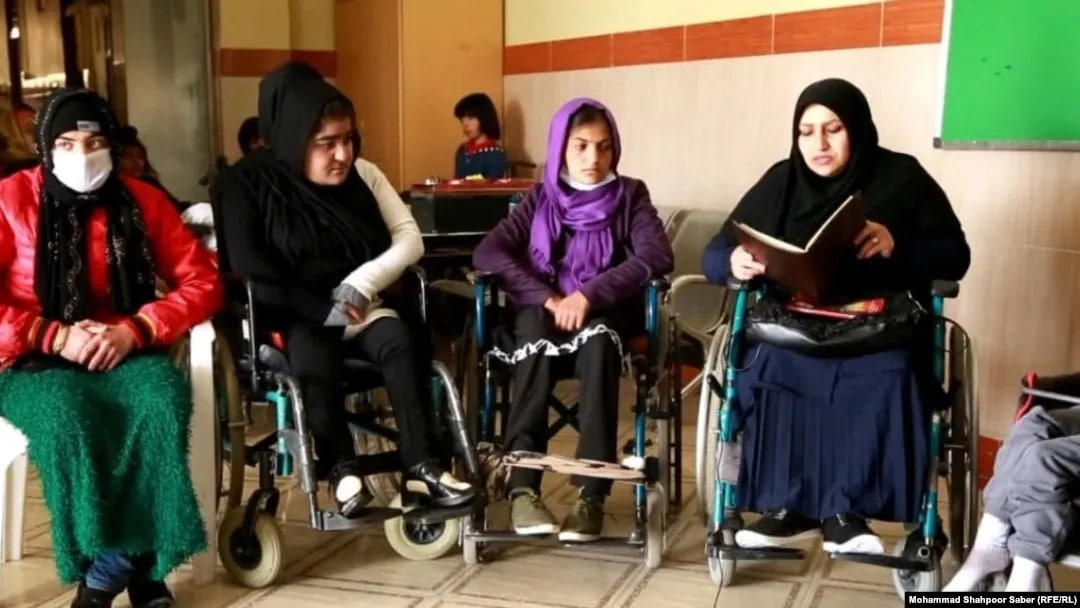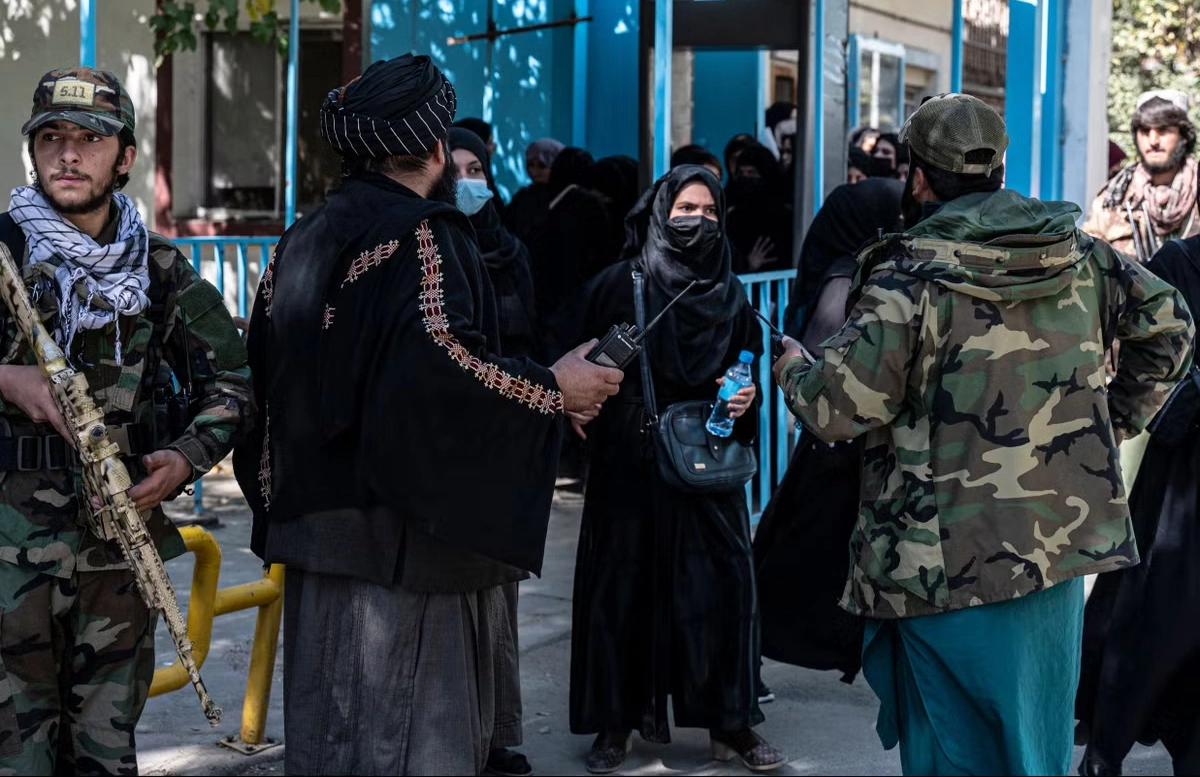
UNAMA, the United Nations Assistance Mission in Afghanistan, has stated that women and girls continue to face severe restrictions in the areas of health, employment, and participation in social life. In a statement released today (Wednesday, December 10) on the occasion of International Human Rights Day, UNAMA said that these restrictions weaken the fundamental rights of women and girls and undermine Afghanistan’s future. It added that limited access to health services makes families vulnerable and communities fragile. The mission further emphasized that the de facto authorities must align themselves with international human rights obligations. According to the statement, doing so is not only in line with global standards but also a practical path toward peace, resilience, and development for the country and its people. UNAMA also quoted Georgette Gagnon, Acting Head of the UN Assistance Mission in Afghanistan, as saying: “Human rights are not optional. They are a daily necessity for life.” Ms. Gagnon added: “In Afghanistan, ensuring that women and girls can learn, work, and participate fully is essential for improvement. We call on the authorities to take decisive steps to align with global obligations and to open space for Afghanistan and all its people to flourish.” Fiona Frazer, Representative of the UN High Commissioner for Human Rights in Afghanistan, also said: “Everyday needs such as education, health, livelihoods, and freedom are rights that must be available to all Afghans; yet many Afghans, especially women and girls, are deprived of these rights.” She stressed that human rights must be at the center of Afghanistan’s path forward, as these rights “serve as a bridge between survival and hope.” The United Nations added: “On this Human Rights Day, UNAMA calls on all stakeholders, beneficiaries, authorities, communities, and international partners to reaffirm their commitment to human rights as the foundation of efforts to improve conditions in Afghanistan.” It is worth noting that international organizations say the current authorities have been widely accused of human rights violations since their return to power in Afghanistan.



